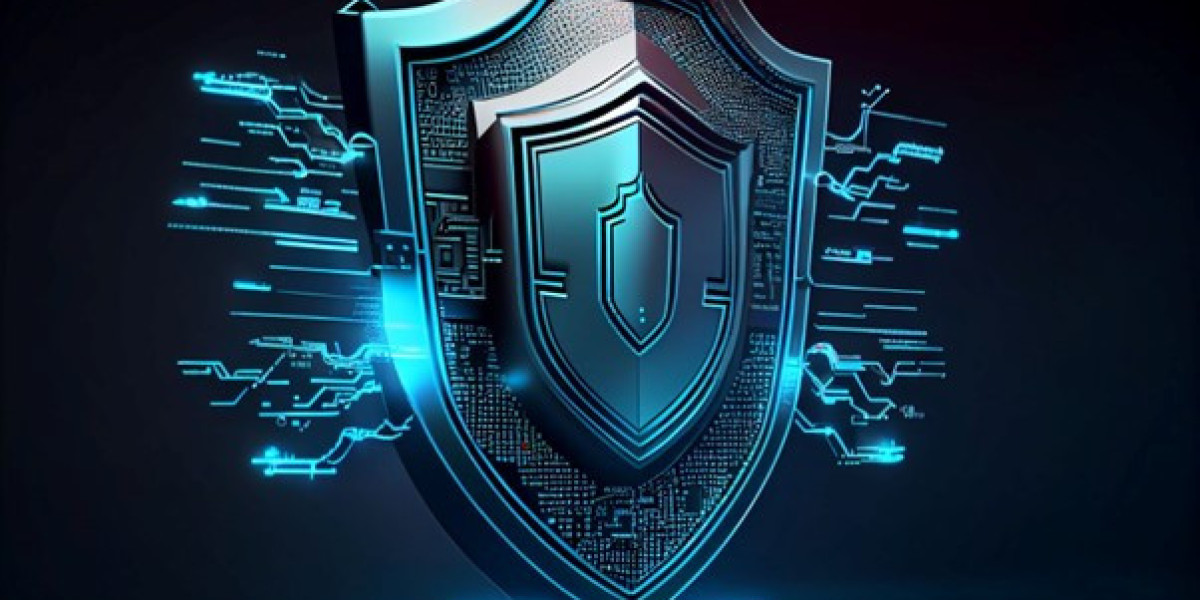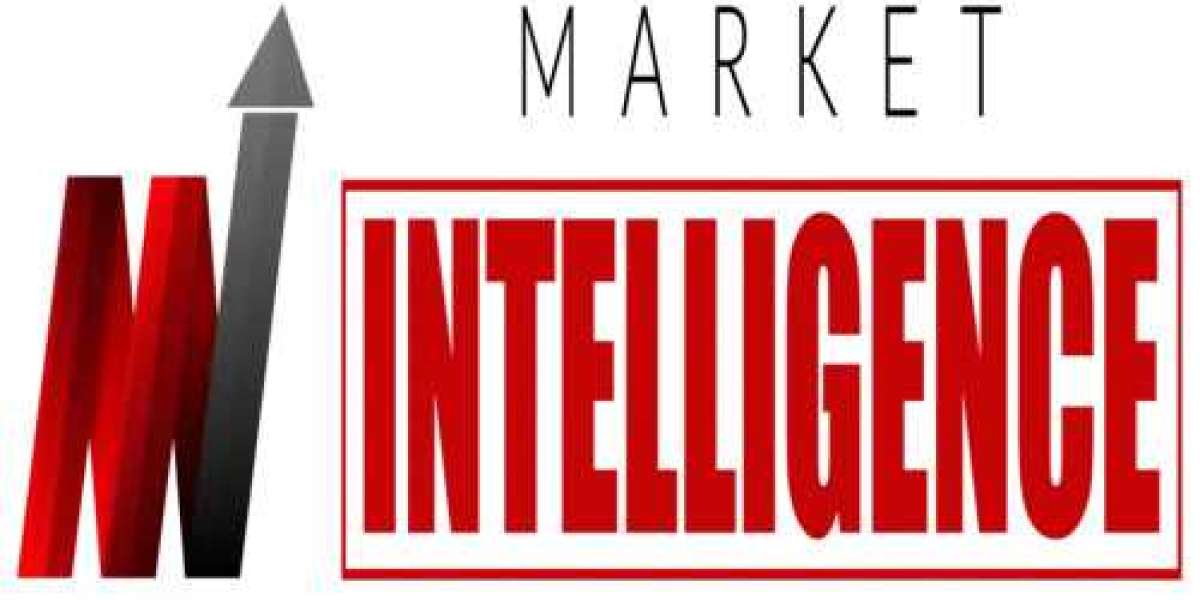ISO 27001 certification is a globally recognized standard for Information Security Management Systems (ISMS). It provides a systematic approach to managing sensitive company information, ensuring it remains secure. The certification is applicable to businesses of all sizes and industries, highlighting their commitment to safeguarding data, protecting client information, and minimizing risks related to information security breaches.
Key Components of ISO 27001
The ISO 27001 framework is built on a set of clauses and control objectives that focus on risk assessment, treatment plans, and continuous improvement. Central to the standard is the concept of identifying information security risks and implementing controls to manage or reduce them. It also emphasizes leadership commitment, internal audits, documentation control, and incident management as critical parts of an effective ISMS.
Benefits of ISO 27001 Certification
Achieving ISO 27001 certification strengthens a company’s reputation by demonstrating its proactive approach to information security. It boosts client confidence, improves compliance with contractual and legal requirements, and gives organizations a competitive edge. Internally, it fosters a security-aware culture, reduces the likelihood of data breaches, and streamlines security processes through clearly defined policies and procedures.
Steps to Achieve Certification
The process begins with a gap analysis to compare current practices against ISO 27001 requirements. Organizations then define their ISMS scope, conduct a risk assessment, and establish a risk treatment plan. After implementing the necessary controls, internal audits are conducted to verify compliance. Once the system is mature and functional, a certification body conducts an external audit in two stages—reviewing documentation and assessing operational effectiveness—before issuing the certificate.
Maintaining ISO 27001 Compliance
Certification is not a one-time event. To maintain compliance, organizations must commit to continual improvement. This involves conducting regular internal audits, management reviews, and risk reassessments. Staff training, updates to policies, and corrective actions are essential to adapting to changes in the business environment or threat landscape. Surveillance audits by the certifying body typically occur annually to ensure ongoing conformance.
Conclusion
ISO 27001 certification is a powerful tool for managing information security systematically and effectively. It not only helps protect an organization’s critical data but also builds trust with customers, partners, and stakeholders. For companies aiming to safeguard their digital assets and foster long-term resilience, ISO 27001 offers a proven, scalable framework.







